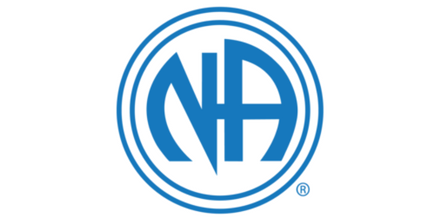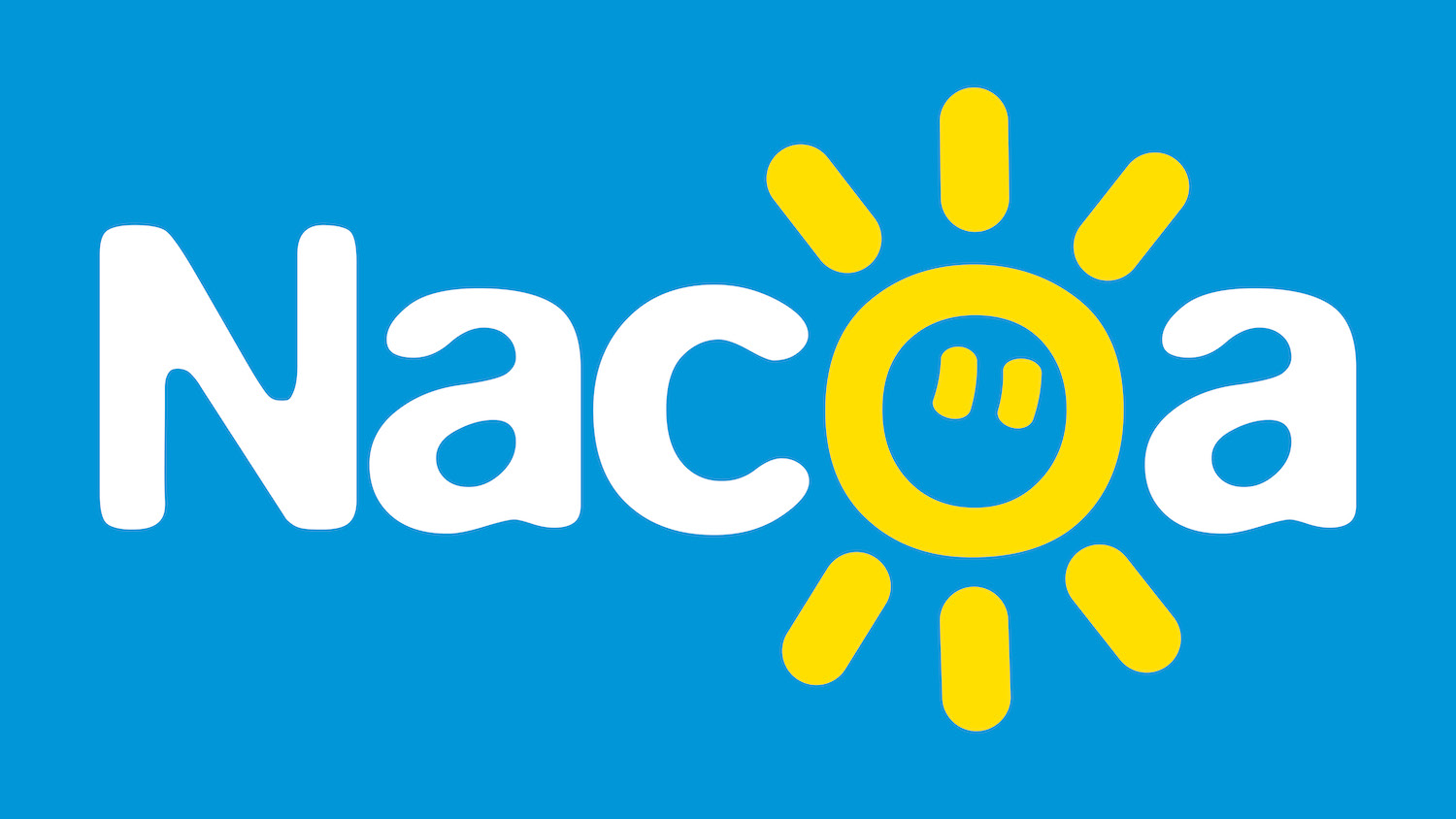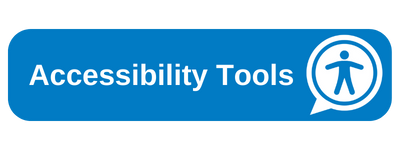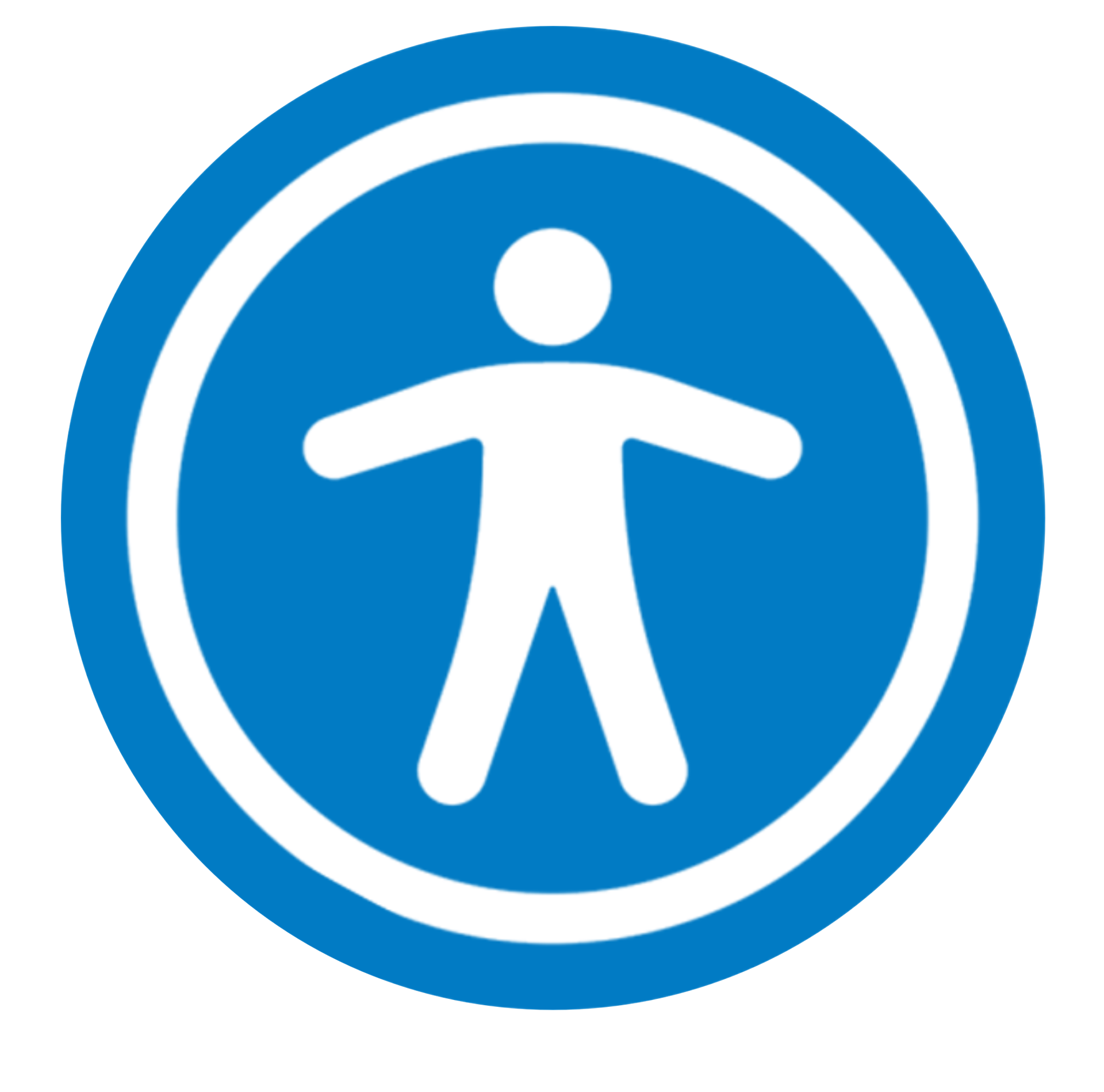You are here: Mental Health Challenges/adults/MH/mental-health
Drug and Alcohol Misuse/Addiction
What is Drug and Alcohol Abuse?
Drug and Alcohol abuse is when someone is addicted to taking drugs or drinking or both, and cannot stop taking drugs/drinking when they choose as it is more than a matter of willpower.
Many people do not understand why people become addicted to drugs and alcohol. They mistakenly view drug abuse and addiction as strictly a social problem and may characterize those who take drugs or drink as morally weak. One very common belief is that drink/drug abusers should be able to just stop taking drugs if they are only willing to change their behavior. This is not the case.
What people often underestimate is the complexity of drug and drink addiction. It is a disease that impacts the brain, and because of that, stopping drink and drug abuse is not simply a matter of willpower. Through scientific advances we now know much more about how exactly drugs work in the brain, and we also know that drug and drink addiction can be successfully treated to help people who want to stop abusing drugs/alcohol and live a full happy life.
Some people become addicted to drugs and alcohol due to many reasons. They may suffer from other mental health challenges, for example; depression, and the only way they feel like themselves again is by drinking or taking drugs. There’s a different story behind every drink/drug addiction and all of them are valid. What is also important is wanting to get help and finding services that will allow you to get help.
Who can I talk to?
Your GP is a good place to start. They can discuss your problems with you and get you into treatment. They may offer you treatment at the practice or refer you to your local drink or drug service.
If you're not comfortable talking to your GP, you can approach your local drug/drink treatment service yourself.
Drug Addiction Treatments +
Depending on your personal circumstances and also what you're addicted to, when you seek help you may be given a keyworker who will work with you to plan the right treatment for you
There are different types of treatment available. These include
- Residential treatment – Residential treatment involves living at a facility and getting away from work, school, family, friends, and addiction triggers while undergoing intensive treatment. Residential treatment can last from a few days to several months.
- Day treatment/Partial hospitalization – Partial hospitalization is for people who require ongoing medical monitoring but wish to still live at home and have a stable living environment. These treatment programs usually meet at a treatment center for 7 to 8 hours during the day, then you return home at night.
- Outpatient treatment – Not a live-in treatment program, these outpatient programs can be scheduled around work or school. You’re treated during the day or evening but don’t stay overnight. The major focus is relapse prevention.
- Sober living communities – Living in a sober house normally follows an intensive treatment program such as residential treatment. You live with other recovering addicts in a safe, supportive, and drug-free environment. Sober living facilities are useful if you have nowhere to go or you’re worried that returning home too soon will lead to relapse
Within your treatment, there is likely to be therapies and other treatments to help you get clean. These may include:
- Talking therapies – talking therapies, such as cognitive behavioural therapy (CBT), help you to see how your thoughts and feelings affect your behavior.
- Treatment with medicines – if you are dependent on heroin or another opioid drug, you may be offered a substitute drug, such as methadone. This means you can get on with your treatment without having to worry about withdrawing or buying street drugs.
- Detoxification (detox) – this is for people who want to stop taking opioid drugs like heroin completely. It helps you to cope with the withdrawal symptoms.
- Self-help – some people find support groups like Narcotics Anonymous helpful. Your keyworker can tell you where your nearest group is.
- Reducing harm – your drugs workers will help you reduce the risks associated with your drug-taking. You may be offered testing and treatment for hepatitis or HIV, for example.
Where will you have your treatment?
You may have your treatment while living at home or as a hospital inpatient.
If your drug-related problems are severe or complicated you may be referred to a residential rehab.
For more information about residential rehab, or to find a rehab near you, you can visit rehabonline.
Drink Addiction Treatments +
The treatment options for alcohol misuse depend on the extent of your drinking and whether you're trying to drink less (moderation) or give up drinking completely (abstinence). It is a good idea to go your GP and talk to them about your concerns and goals. Your GP may suggest different types of assessment and support options available to you such as from the local community alcohol services. You can also ask about any free local support groups and other alcohol counselling that may suit you.
If you are worried about your drinking, you may be offered a short counselling session known as a brief intervention. A brief intervention lasts about 5 to 10 minutes, and covers risks associated with your pattern of drinking, advice about reducing the amount you drink, alcohol support networks available to you, and any emotional issues around your drinking
Moderation or Abstinence
Moderation or abstinence are treatment options if you're:
- Regularly drinking more than the lower-risk daily levels of alcohol – 14 units a week
- Experiencing health problems directly related to alcohol
- Unable to function without alcohol (alcohol dependency)
Cutting alcohol out completely will have a greater health benefit. However, moderation is often a more realistic goal, or at least a first step on the way to abstinence.
Ultimately, the choice is yours, but there are circumstances where abstinence is strongly recommended, including if you
- Have liver damage, such as liver disease or cirrhosis
- Have other medical problems, such as heart disease, that can be made worse by drinking
- Are taking medication that can react badly with alcohol, such as antipsychotics
- Are pregnant or planning to become pregnant
Abstinence may also be recommended if you've previously been unsuccessful with moderation.
If you choose moderation, you'll probably be asked to attend further counselling sessions so your progress can be assessed, and further treatment and advice can be provided if needed. You may also have regular blood tests so the health of your liver can be carefully monitored.
Your treatment may include
If you need medication to help you stop drinking, it can often be taken at home or when attending a local service daily.
However, some people will need a short stay in a 24-hour medically-supported unit so they can receive safe treatment of their withdrawal symptoms or other problems.
This may be in an NHS inpatient unit, or in a medically-supported residential service, depending on your situation and the assessed medical need.
- Intensive Rehabilitation:
Some people are assessed as needing intensive rehabilitation and recovery support for a period after they stop drinking completely; either through attending a programme of intensive support in their local community or by attending a residential rehabilitation service.
This type of intensive treatment is usually reserved for people with medium or high levels of alcohol dependence, and particularly those who have received other forms of help previously that have not been successful.
Who can support you? +
There are a number of specialist alcohol services that provide help and support for people with a dependence on alcohol or drugs and their friends and family.
 |
CGL: Change Grow Live - provide help and support to adults, children, young people and families. There services cover a wide variety of areas including health and wellbeing, substance use, mental health, criminal justice, domestic abuse and homelessness. You can download and fill out their referral form here and a leaflet about the services here.
Aspire -Aspire is available to provide support for those with substance misuse issues and support for their families and carers within the Peterborough area.
Recovery Motivators - Recovery champions are fundamental to the on-going support of service users accessing treatment. Inclusion is constantly seeking to utililise the skills of those individuals having experienced treatment and who are committed to recovery. If you feel you would like to support others in treatment please click here.
|
|
|
 |
Cambridge Recovery Service - CRS is volunteer-led community-based service. We aim to help you build a sustained, holistic and purposeful lifelong recovery from addiction, supported by peers, volunteers and professions.
|
|
|
 |
CASUS (Cambridgeshire Child & Adolescent Substance Use Service) - Telephone: 01480 445316 Email at: casus@cpft.nhs.uk
|
|
|
 |
Cambridge Acorn Project - We aim to address adverse childhood experiences and tackle inequality. We do therapeutic work with children and families connected to issues around trauma, attachment, stress and social justice.
|
|
|
 |
Drinkline - is the national alcohol helpline. If you're worried about your own or someone else's drinking, you can call this free helpline, in complete confidence. Call 0300 123 1110 (weekdays 9am – 8pm, weekends 11am – 4pm).
|
|
|
 |
Narcotics Anonymous - A non-profit fellowship or society of men and women for whom drugs had become a major problem. We are recovering addicts who meet regularly to help each other stay clean. This is a program of complete abstinence from all drugs. The only requirement for membership is to stop using. |
|
|
 |
Alcoholics Anonymous (AA) -
Concerned about your drinking? Alcoholics Anonymous is a Fellowship of men and women who share their experience, strength and hope with each other that they may solve their common problem and help others to recover from alcoholism. The only requirement for membership is a desire to stop drinking. There are no dues or fees.
Contact: 24hr helpline 0800 9177 650
Email: Help@aamail.org
|
|
|
 |
Al-Anon Family Groups - offer support and understanding to the families and friends of problem drinkers, whether they're still drinking or not. |
|
|
 |
Cocaine Anonymous - Cocaine Anonymous is a fellowship of men and women who share their experience, strength and hope with each other so that they may solve their common problem and help others to recover from their addiction. The only requirement for membership is a desire to stop using cocaine and all other mind-altering substances. There are no dues or fees for membership; we are fully self supporting through our own contributions. |
|
|
 |
Marijuana Anonymous - is a fellowship of people who share our experience, strength, and hope with each other that we may solve our common problem and help others to recover from marijuana addiction. “We who are marijuana addicts? We know the answer to this question. Marijuana controls our lives! We lose interest in all else; our dreams go up in smoke.” |
|
|
 |
Talk to Frank - support line for anyone with questions/concerns surrounding drugs. |
|
|
 |
Nacoa - provides information, advice and support for anyone affected by a parent’s drinking. The National Association for Children of Alcoholics (Nacoa) - provides a free, confidential telephone and email helpline for children of alcohol-dependent parents and others concerned with their welfare. Call 0800 358 3456 for the Nacoa helpline. |
|
|
 |
With You - is free, confidential support with alcohol, drugs or mental health from one of their local services or online. |
|
|
 |
Adfam - is a national charity working with families affected by drugs and alcohol. Adfam operates an online message board and database of local support groups. |
|
|
 |
SMART Recovery - groups help participants decide whether they have a problem, build up their motivation to change and offer a set of proven tools and techniques to support recovery. |
|
|
 |
Recovery Cafes : free, regular, no appointments needed, drop-in cafes where you can find lots of information on recovery from drug and alcohol use, chats with others in recovery and enjoy a tea or coffee.
Cambridge: The Edge Café, Brookfield NHS Site, Mill Rd, CB1 3DF, Every Thursday 12-3pm
Ely: The Countess Free Church, Ely, Every Monday 10am – 12pm
|
|
|
There are lots of tips and tricks to help you stay in control of your drinking, whatever the situation. What are your drinking levels like? Find out here:
You’ll find lots of tips, and other information here:
Downloadable Mobile Apps:
Use the NHS Choices interactive tools to calculate alcohol units, assess your drinking levels and track your drinking over time.
- iPhone tracker - If you have an iPhone or iPod touch you can download the drinks tracker from the iTunes app store for free.
- Dry January App - Available on iPhone and Androids.
Information about Co-occuring conditions:
The strategy for improving service users support regarding mental health and substance misuse (co occurring conditions, a.k.a. dual diagnosis) agreed policy between our services is outlined in this document here, to help us to work toward better outcomes for service users in Cambridgeshire and Peterborough.
Mental health challenges are common but help is available and with the right support many people recover completely. Check out our Support Services Page for lots of services who are local and national!
*Some information gathered from www.nhs.uk and the services listed.

